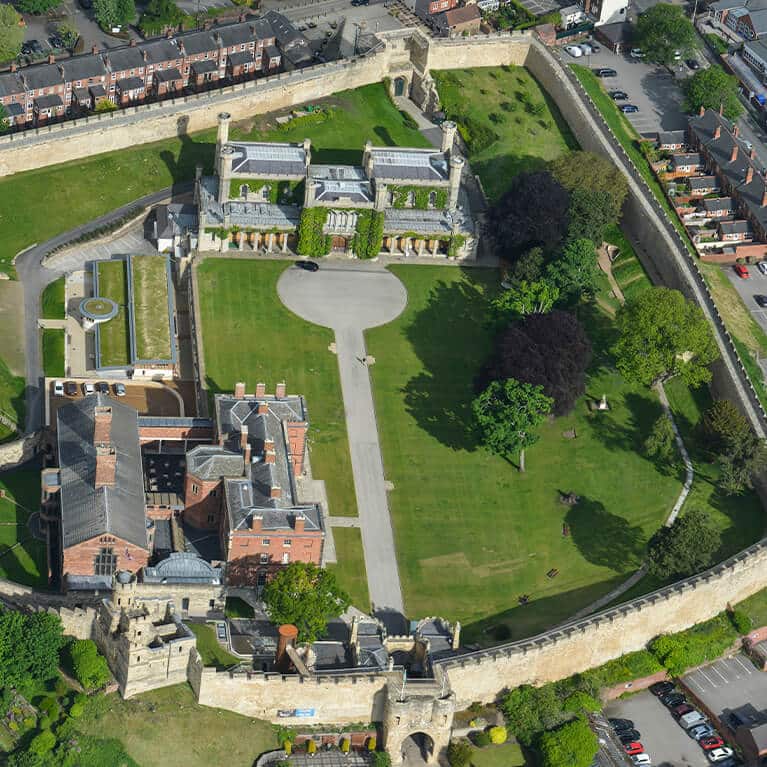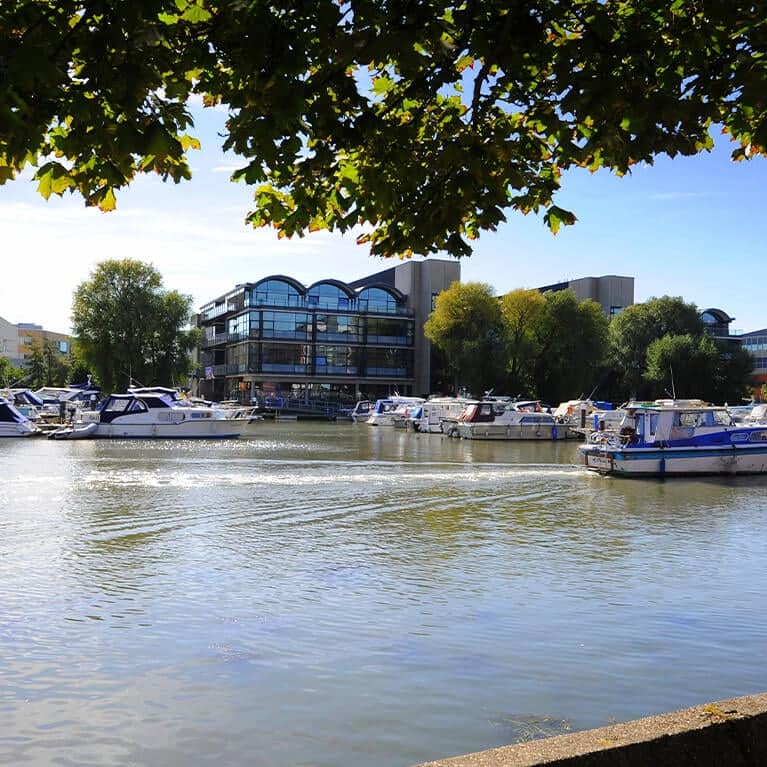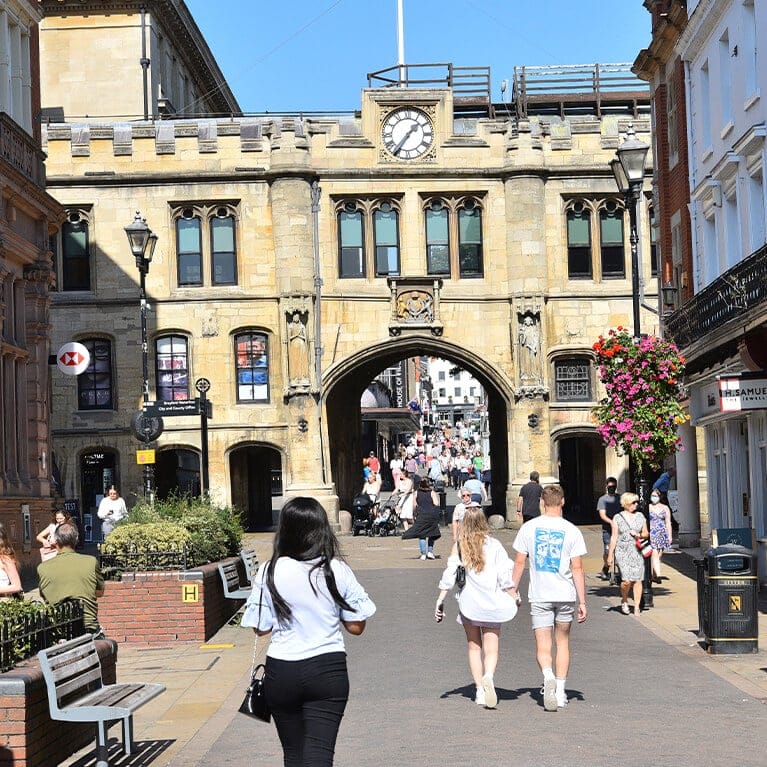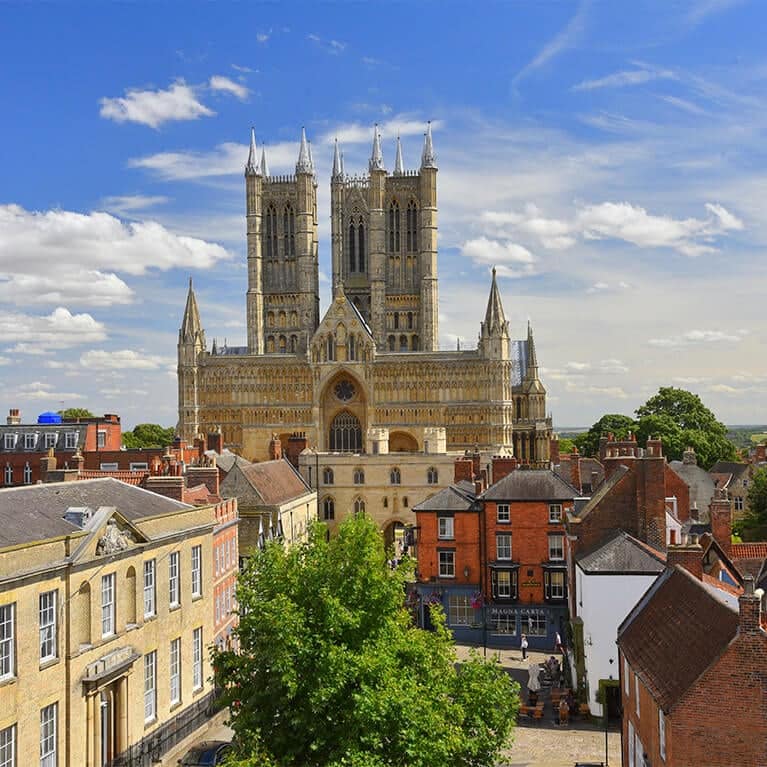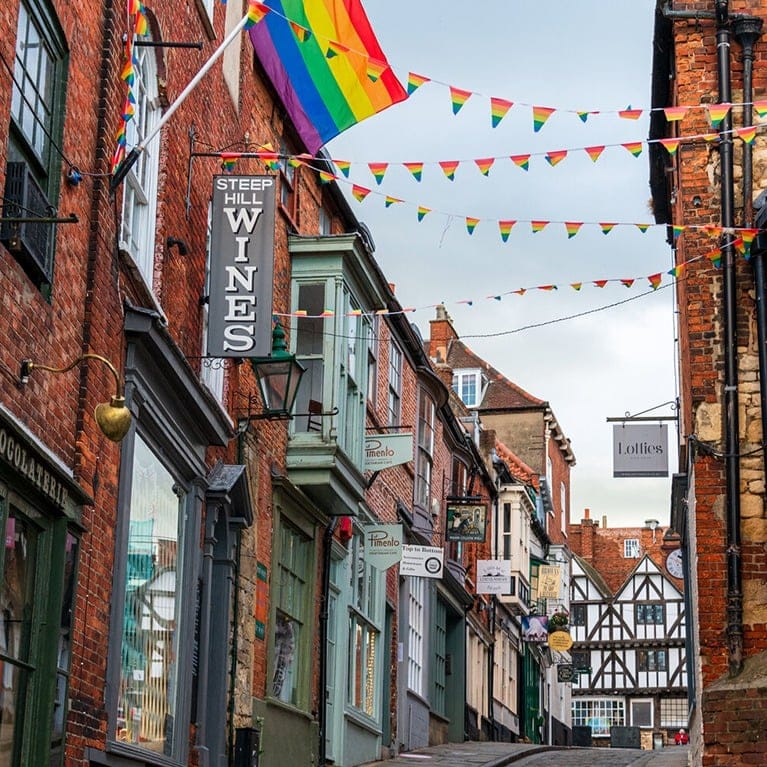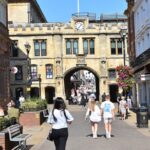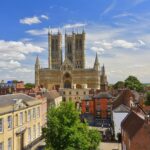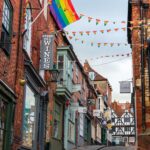City of Lincoln
As the county town of Lincolnshire, Lincoln is a lively city steeped in cultural heritage, remarkable architecture, and a thriving retail environment. The city’s history is intricately linked to its streets, with the stunning Lincoln Cathedral standing out for its exquisite Gothic design and impressive spires.
A notable emblem of Lincoln is the Imp, a playful figure that has become an integral part of the city’s character. According to legend, this whimsical figure was carved into the stonework of Lincoln Cathedral, serving as a charming reminder of the city’s rich history. Additionally, the historic Lincoln Castle, constructed by William the Conqueror in 1068, and the picturesque cobbled streets of the Bailgate area are home to delightful shops, cafes, and restaurants that showcase both local craftsmanship and modern trends.
Beyond its historical significance, Lincoln is a thriving cultural hub. The city hosts numerous festivals throughout the year that celebrate everything from music to food to literature. The University of Lincoln adds to the city’s vibrancy with its diverse student population and innovative research initiatives.
Transport links in Lincoln are robust, with direct train services to cities like London, Sheffield, and Nottingham, as well as easy access to major roads such as the A46 and A15.
Five things you may not know about the City of Lincoln
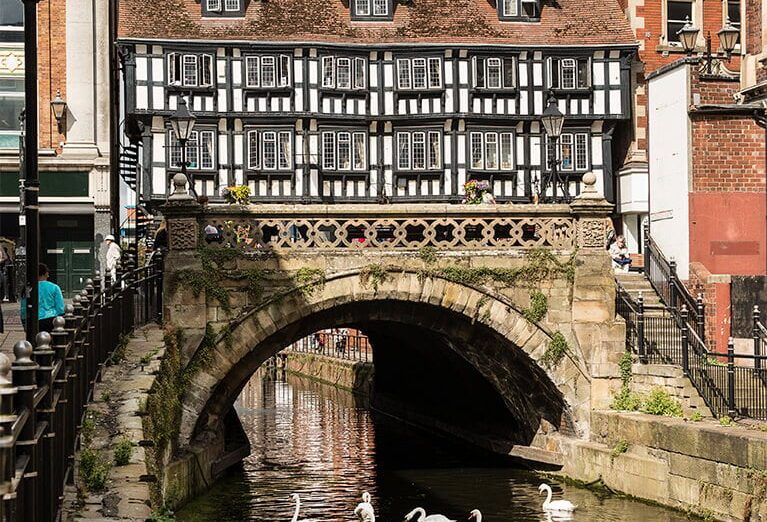
High Bridge
Lincoln boasts the UK’s oldest bridge with buildings still standing on it. The High Bridge, built in the 12th century, features a charming black-and-white beamed building that now houses the High Bridge Café. This iconic structure spans the River Witham, adding a picturesque element to the city’s vibrant High Street.
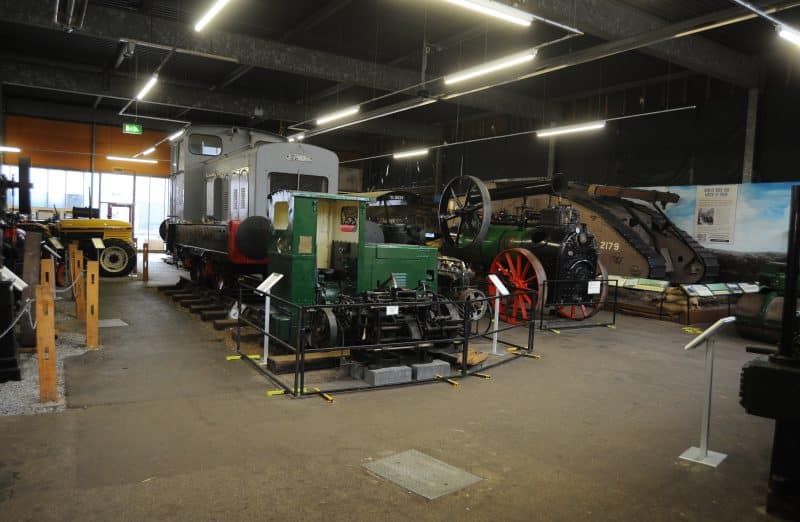
The birth of the tank
During World War I, Lincoln played a crucial role in the invention of the tank. The first-ever prototype, “Little Willie,” was developed here by William Foster & Co. This groundbreaking innovation marked a significant moment in military history, showcasing Lincoln’s contribution to modern warfare.
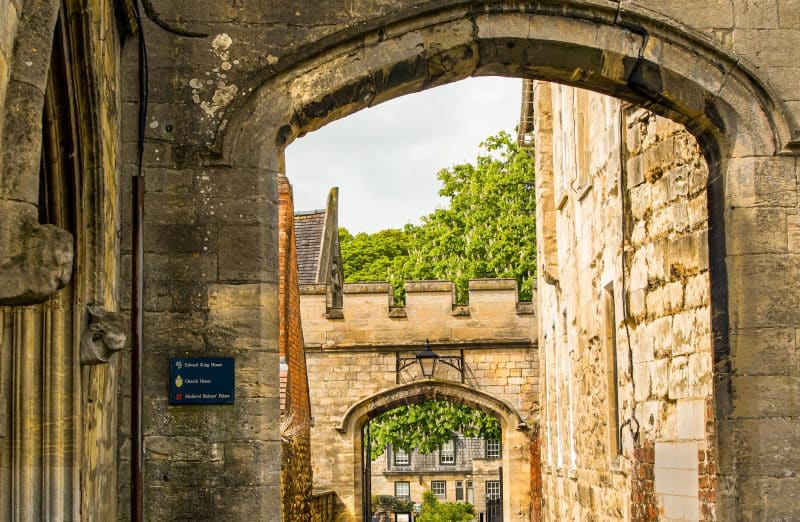
Medieval Bishop’s Palace Vineyard
Lincoln is home to the only English Heritage property that contains a vineyard, located at the Medieval Bishop’s Palace. The vines were a gift from Lincoln’s twin town Neustadt and are part of a community project that continues to produce grapes today.

Steampunk Festival
Lincoln hosts one of the world’s largest Steampunk festivals every August. This unique event sees enthusiasts dressed in Victorian-inspired futuristic attire, celebrating a genre that blends historical and fantastical elements.
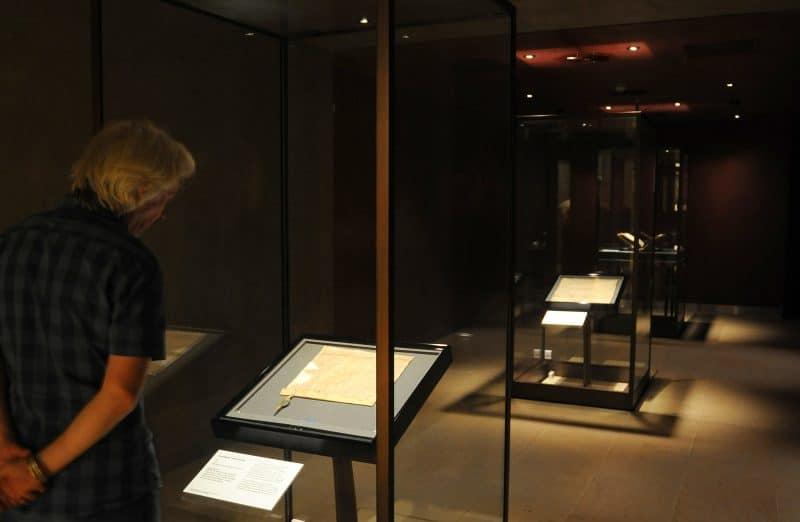
Magna Carta
Lincoln Castle holds one of only four surviving original Magna Carta documents, making it a globally significant historical treasure. Housed in a dedicated vault, it draws visitors from around the world.
Key employment sectors in the City of Lincoln
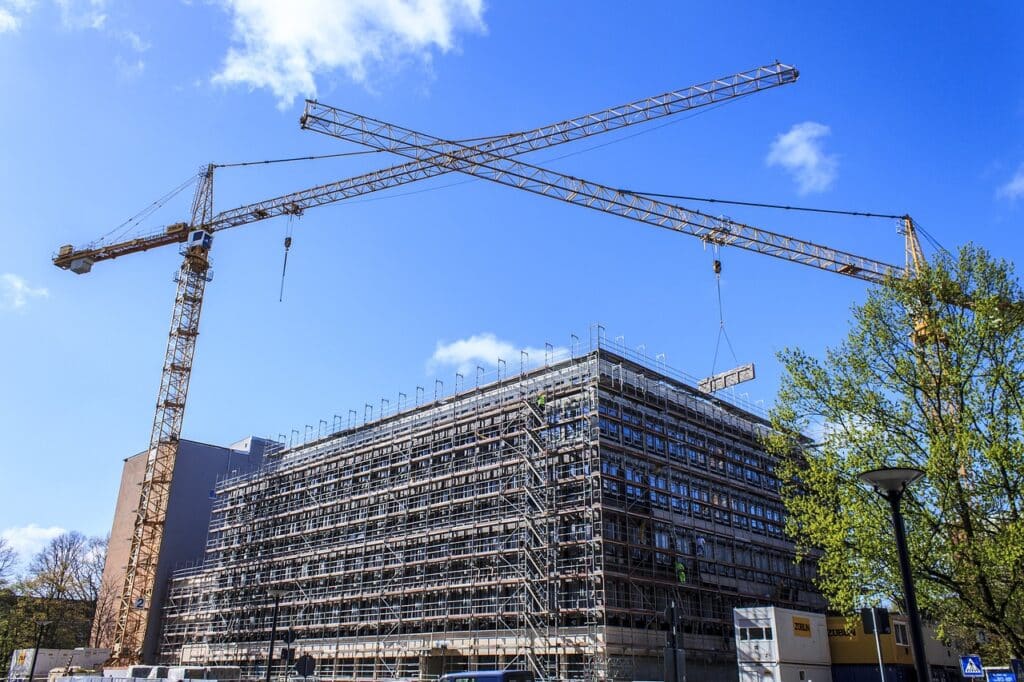
The construction and manufacturing sector are major contributors, accounting for a significant portion of the local economy, supporting a range of industries from engineering to chemicals. Healthcare and social care also play a crucial role in the city’s employment landscape, with hospitals, clinics, and care facilities providing numerous opportunities for nursing, administrative, and support roles.
The education sector is another vital component, thanks to the presence of the University of Lincoln and other educational institutions. The retail sector is also strong and is complemented by a thriving hospitality and tourism industry, which benefits from Lincoln’s rich historical heritage and cultural attractions.
Additionally, the city has a strong focus on digital technologies and sustainable development.
Living and working in Lincolnshire
To find out more about living and working in each of our districts,
click on the map below


